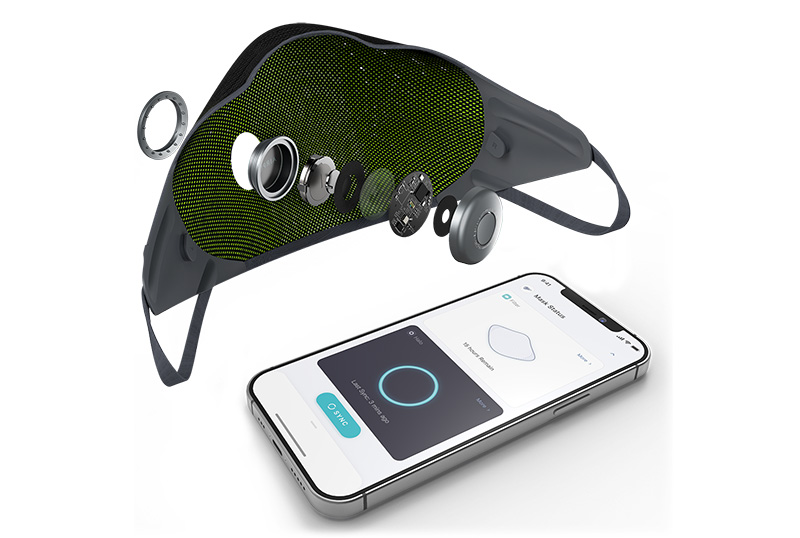
When Fitbit was founded in 2007, the company’s focus was to create small wearable devices that could help you become more fitness-focused. Now, after thirteen years, the company’s CEO James Park told Axios on HBO that Fitbit-like wearables can help detect diseases like COVID-19 and even spot signs of depression.
Read more Fitbit to Equip NASA Employees with Wearables to Protect Them from COVID-19
Early detection is vital for any disease, but it is even more important for communicable quick progressing diseases like COVID-19.
Such sensors can be effective as standard questions in evaluating whether someone is showing signs of depression, according to early studies.
And with COVID-19, a new algorithm was able to use Fitbit data, including heart rate fluctuations, to spot the disease a day or two before symptoms appear, Park told Axios’ Ina Fried.
That may not sound like a lot, Park said, but "it's pretty profound in the sense that if you could tell people one to two days before that they should start self-quarantining, that could actually have a pretty meaningful impact on the spread of the disease."
Other companies, including smart ring maker Oura, are also studying ways their data can be used to detect COVID-19.
Park acknowledged that spotting diseases was not part of his initial plan, but said that as the company has added sensors over the years, its products have gained new uses.
In August, Fitbit announced its new product – Fitbit Sense – a smartwatch with a sensor that detects skin temperature and can alert users of a potential fever. Park called the new watch a “true health watch.” Besides detecting potential fever, the smartwatch, equipped with an electrodermal activity (EDA) sensor, used in the field of psychology and general healthcare, could also detect stress levels.
In addition to tracking steps, Fitbit's newest devices can track body temperature, oxygen levels and even measure stress.
Google bought Fitbit for $2.1 billion last year, in an attempt to bolster its hardware business and breathe more life into Wear OS.


